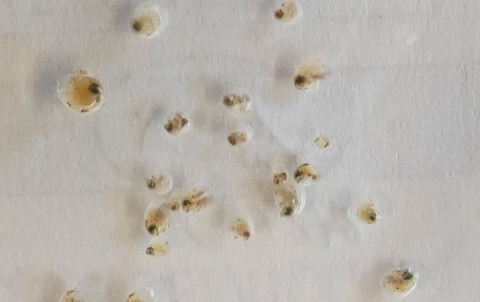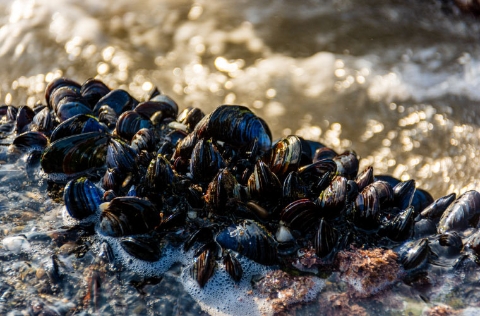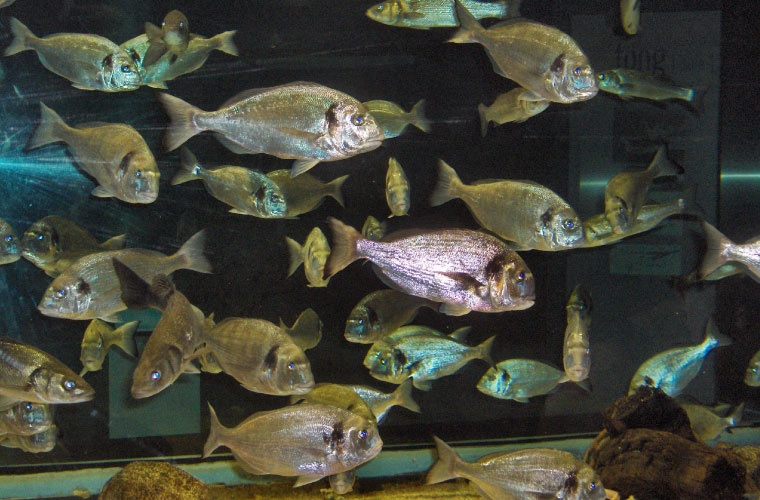
The nexus between cutting-edge technology and aquaculture biology is transforming how the industry manages sustainability and welfare. At the forefront of this evolution is the AEFishBIT biosensor, a groundbreaking tool developed by the Instituto de Acuicultura Torre de la Sal (IATS-CSIC) in Castellón, Spain. This innovative device has emerged as a game-changer in monitoring fish behaviour and physiology, promising a future of ethical and efficient aquaculture practices.
AEFishBIT is a non-invasive biosensor designed to measure critical parameters such as respiration rates and locomotion, which are indicative of fish welfare under various environmental and operational stressors. The device integrates a triaxial accelerometer, a microprocessor, a battery, and RFID technology, ensuring real-time data collection. Encased in robust materials, it adheres externally to fish opercula, enabling rapid deployment and monitoring with minimal stress.
Originally developed as part of the European AQUAEXCEL 2020 project, AEFishBIT has undergone several iterations, with the latest version demonstrating enhanced functionality and adaptability across multiple species, including gilthead sea bream, European sea bass, rainbow trout, and Atlantic salmon.
Insights from Scientific Studies
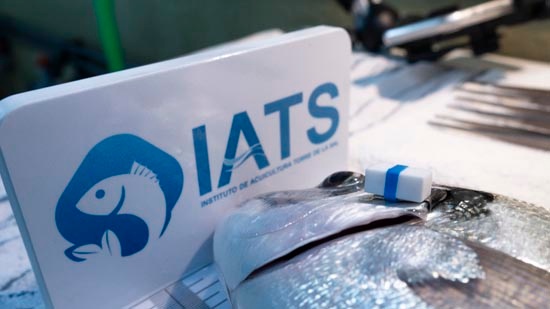
Research conducted at IATS-CSIC has revealed fascinating insights into fish adaptability under high stocking densities. Study demonstrated that gilthead sea bream habituate to repeated stressors more effectively than European sea bass. While physiological compromises, such as reduced growth and muscle fat, were observed, these adaptations ensured survival and functionality under adverse conditions. This underscores the importance of species-specific approaches in aquaculture.
Moreover, the device's application extends beyond Mediterranean species. Collaborative experiments with NOFIMA in Norway proved its efficacy in monitoring Atlantic salmon, a pivotal species in global aquaculture. Despite requiring modifications to attachment procedures to accommodate salmonid morphology, the results validated its reliability and precision in diverse settings.
AEFishBIT: A Technological Milestone with Industry Implications
The implications of AEFishBIT for the aquaculture industry are profound. By providing real-time, individual-level data, the biosensor enables farmers to:
- Identify optimal stocking densities to minimise chronic stress.
- Implement tailored feeding and health management strategies.
- Establish benchmarks for ethical fish farming practices.
Furthermore, the incorporation of AI-driven analytics in future iterations promises to enhance decision-making by delivering actionable insights into fish adaptation and well-being.
Towards a Sustainable Future
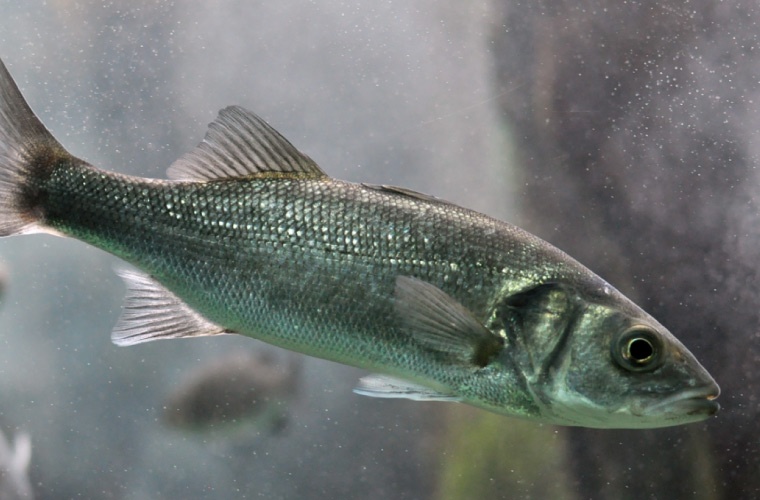
As the aquaculture sector grapples with the dual challenges of feeding a growing population and preserving marine ecosystems, tools like AEFishBIT offer a path forward. By bridging the gap between technological innovation and biological understanding, this Spanish-made biosensor exemplifies how precision monitoring can revolutionise aquaculture. It not only aligns with sustainability goals but also ensures the industry's competitiveness in an increasingly conscientious market.
The success of AEFishBIT underscores the pivotal role of multidisciplinary collaborations in addressing complex challenges. Whether it is in refining fish welfare standards or enhancing productivity, this device marks a significant stride towards a more sustainable and ethical aquaculture landscape.



